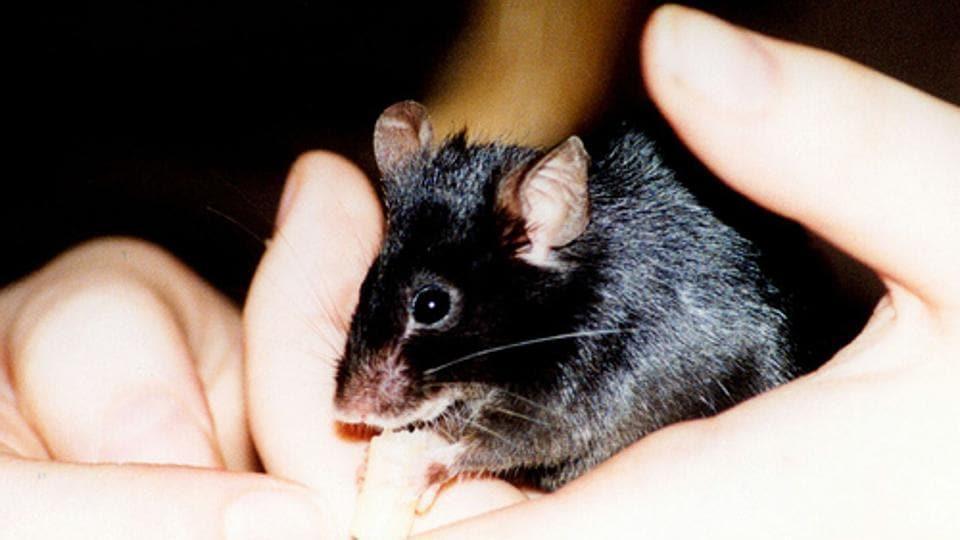
Black Rats are Sole Carriers of Hantavirus in Madagascar: Study
Hantavirus, a potentially deadly disease, has been linked to black rats in Madagascar, according to a recent study conducted by researchers at the University of California, Santa Barbara, University of Réunion, and Duke University. The study, published in the journal PLOS Neglected Tropical Diseases, reveals that black rats are the sole carriers of hantavirus in Madagascar, making agricultural areas a potential hotbed for the virus.
Hantavirus is a zoonotic virus, meaning it can be transmitted from animals to humans. The virus is usually spread through contact with the urine, saliva, or feces of infected rodents. In Madagascar, the virus has been linked to several outbreaks in recent years, resulting in a significant number of fatalities.
The study, led by Dr. Maria Rodriguez from the University of California, Santa Barbara, aimed to identify the primary carriers of hantavirus in Madagascar. The researchers collected samples from various rodent species across the country and analyzed them for the presence of the virus. The results were conclusive: black rats were found to be the sole carriers of hantavirus in Madagascar.
Interestingly, the study found that the black rats were predominantly found in agricultural areas, such as farmlands, rather than in homes or urban environments. This is significant, as it increases the risk of exposure to the virus for people working in these areas. Farmers, agricultural workers, and anyone who spends time in agricultural areas may be more likely to come into contact with infected rats, increasing their risk of contracting the virus.
The researchers believe that the presence of black rats in agricultural areas may be due to the abundance of food and shelter provided by these areas. Black rats are attracted to areas with high concentrations of food, such as grain stores and agricultural waste, which are often found in farmlands. Once they establish themselves in these areas, they can easily spread the virus through their urine, saliva, and feces.
The study’s findings have significant implications for public health in Madagascar. The researchers recommend that farmers and agricultural workers take steps to minimize their exposure to infected rats, such as wearing protective clothing and avoiding areas where rats are present. Additionally, the study highlights the importance of education and awareness about the risks associated with hantavirus.
“Hantavirus is a serious public health threat, and our study highlights the importance of understanding the role of black rats in its transmission,” said Dr. Rodriguez. “By identifying the primary carriers of the virus, we can develop targeted interventions to reduce the risk of transmission and protect public health.”
The study’s findings are also significant in the context of Madagascar’s agricultural sector, which is a critical component of the country’s economy. The presence of infected rats in agricultural areas can have significant consequences for crop yields and food security, particularly in areas where agricultural labor is already limited.
In conclusion, the study’s findings underscore the importance of understanding the role of black rats in the transmission of hantavirus in Madagascar. The results highlight the need for targeted interventions to reduce the risk of transmission, particularly in agricultural areas where the risk of exposure is higher. By taking steps to minimize exposure and increasing awareness about the risks associated with hantavirus, we can protect public health and reduce the impact of this potentially deadly disease.
Source: https://news.ucsb.edu/2025/021825/hantavirus-madagascar-linked-black-rats-agricultural-areas






